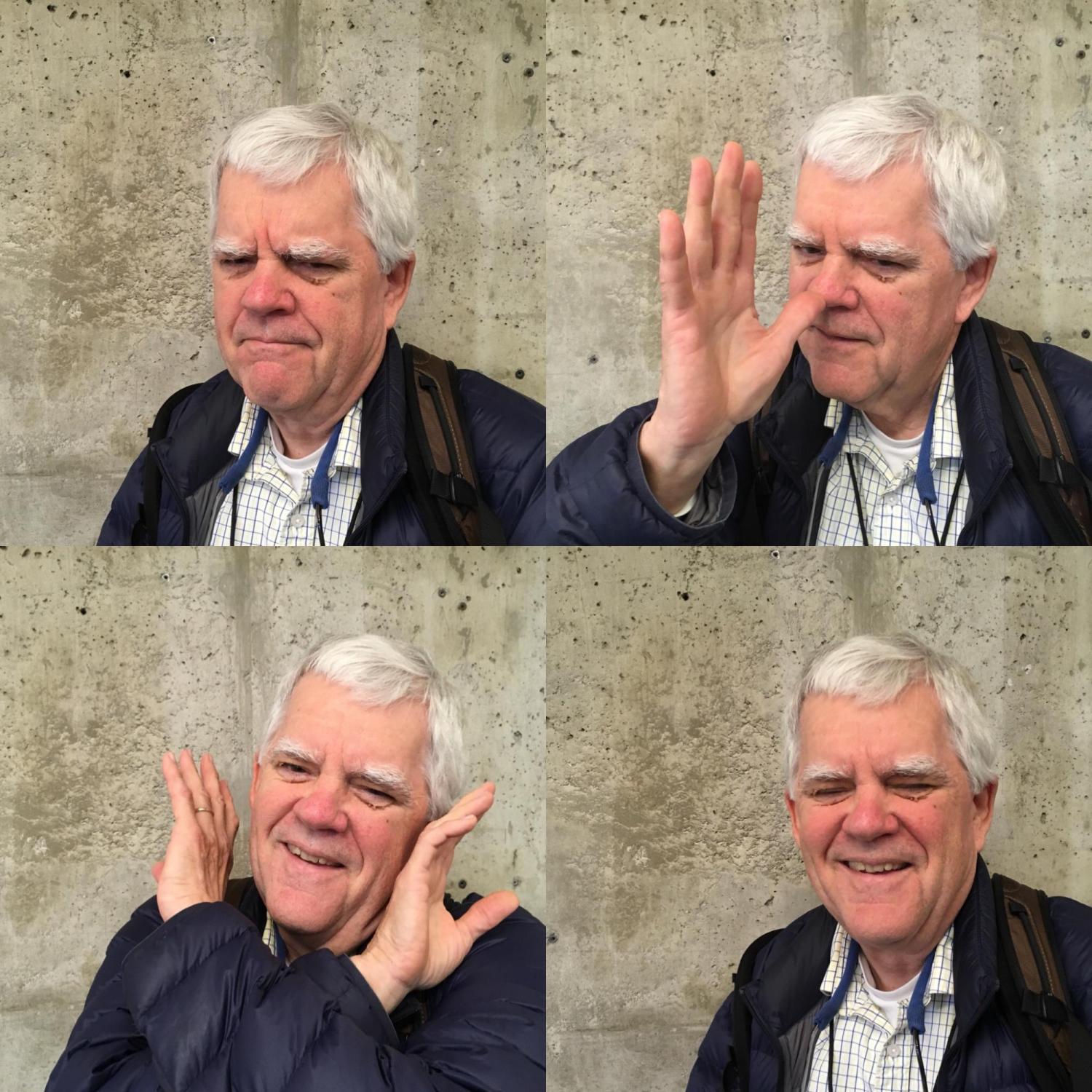Clayton Lewis

Dr. Clayton Lewis is renowned in the department as a mentor, friend, role model, and expert in his field. As Dr. Lewis phases into retirement it’s important to reflect upon all the ways in which he’s impacted the field of computer science, the campus community, and our own department.
What is your path in getting to CU Boulder?
As an undergraduate studying mathematics — at the time there was no CS program available at his university — Dr. Lewis had an internship with IBM. Following his graduate studies Dr. Lewis joined the IBM Watson Research Center. It was at a conference for this work that he met Dr. Peter Polson, now Professor Emeritus in the CU Psychology Department, who tipped him off that CU was hiring computer scientists. Dr. Lewis applied and joined the faculty in 1984.
Can you pinpoint one person who has been instrumental in your academic decisions?
Between 1956 and 1981 a journalist named Martin Gardener wrote a monthly column in Scientific American. The column was entitled “Mathematical Games” and in each of the nearly 300 articles he wrote, Gardener challenged readers with introductions and activities regarding a variety of mathematical concepts. His approach at “recreational mathematics” inspired many future mathematicians and computer scientists, including Dr. Lewis. One of Dr. Lewis’s first introductions to computers was through one of Gardner’s columns that detailed how to make a computer from matchboxes and jelly beans. The computer could be probabilistically “trained” to learn how to play a game. Next time you see Dr. Lewis, ask him for a description of how this worked — it’s fascinating and intuits what we now call machine learning.
If you could make sure everybody in the world knew one thing, what would that one thing be?
Life is too complicated and fascinating to name just one.
If you could have an alternative career, what would it be?
Dr. Lewis has already enjoyed a ten year alternative career as a researcher at IBM. If he could choose another one, it would be to study materials science. “I think that’s the closest thing to magic.”
What are some of your hobbies?
Dr. Lewis is passionate about history. One of his favorite aspects of learning and reading about history is that given any historical event, one feels as though they have a general understanding of what happened and why. Upon digging into it, however, one uncovers enormous complexities.
What part of what you do makes you most excited?
Dr. Lewis loves the opportunity to work with students and finds invaluable importance and fulfillment in empowering them to find and do the things that are important to them. Dr. Lewis can offer many critiques of the educational system, one of which being that it unfortunately encourages passivity. While the motivation is well-intentioned, students feel pressures to do what others (professors, career counsellors, society) tell them to do. These things are not equal to the potential of life. Dr. Lewis loves helping students look beyond this passivity to find importance and meaning. Our department is so fortunate to have Dr. Lewis, someone who has encouraged and empowered many students as a result of this passion to help others.
What advice can you share with us?
“Remember that it’s your education, not the faculty’s” Dr. Lewis highlighted the importance for all students to seek out what will make their education personally fulfilling and impactful.
Icebreaker Suggestions:
Dr. Lewis’s favorite question is, “What is the most interesting thing you’re working on?” If you see him around, ask him and find out about the exciting research he’s doing.


